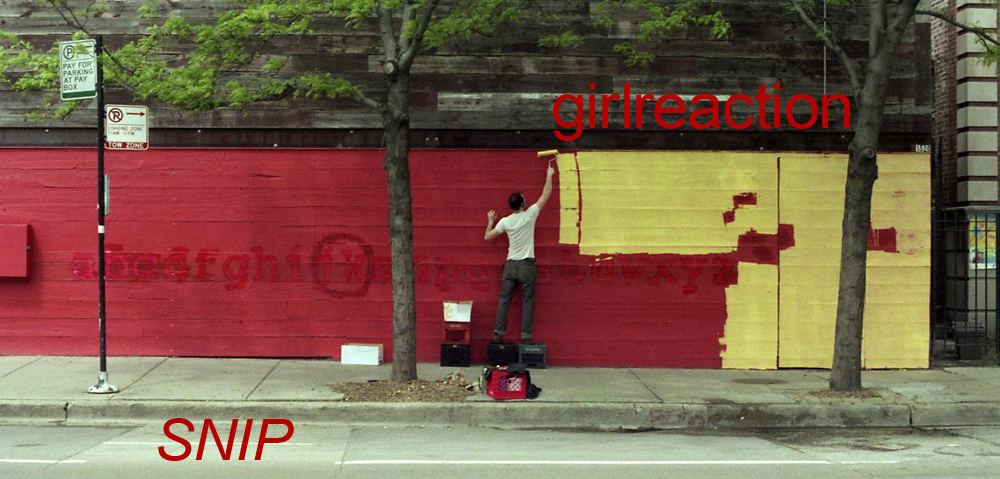Brocha holds the braided candle, and Isaac says the prayer marking the end of Shabbat. After he says the last words, Hamavdil ben kodesh lihol, Nina asks, “What do you think is the best translation for that?”
“Blessed be he who separates the holy from the profane,” Isaac says.
“The sacred from the secular,” puts in Elizabeth.
“The transcendent moment from the workaday world,” suggests old Rabbi Sobel in his quaverying voice.
“Mm.” they pause around the smoking candle.
–from “Kaaterskill Falls” by Allegra Goodman
